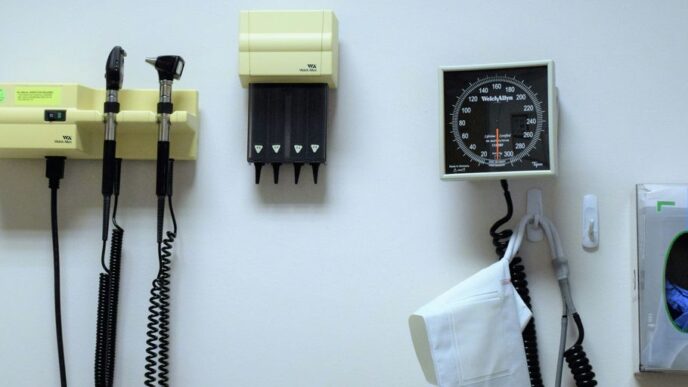Introduction
The intertwined narratives of disease and cure have been an integral part of human history. Throughout the ages, individuals, communities, and societies have grappled with the onset of various illnesses, seeking cures and treatments to alleviate suffering and restore health. This article delves into the multifaceted world of disease and cure, exploring the nature of diseases, the evolution of medical knowledge, and the ongoing quest for effective treatments.
Understanding Diseases
Diseases are multifaceted and diverse, encompassing a vast array of conditions that can affect the human body. They may be caused by pathogens such as bacteria, viruses, or fungi, genetic mutations, lifestyle factors, environmental influences, or a combination of these elements. Key aspects of diseases include:
- Types of Diseases: Diseases can be categorized into various types, including infectious diseases (like COVID-19), chronic diseases (such as diabetes or heart disease), genetic disorders (e.g., cystic fibrosis), and autoimmune conditions (like rheumatoid arthritis).
- Causes: Disease causation can vary widely. Some are triggered by pathogens, while others result from genetic predispositions, lifestyle choices, or environmental factors.
- Symptoms: Disease symptoms can manifest in diverse ways, affecting different bodily systems. Common symptoms include pain, fever, fatigue, organ dysfunction, and cognitive impairments.
- Diagnosis: The accurate diagnosis of diseases often relies on medical professionals who use a combination of patient history, physical examinations, and diagnostic tests like blood tests, imaging, and biopsies.
The Quest for Cures
The pursuit of cures and treatments for diseases has driven advancements in medical science and the evolution of healthcare systems. Some critical aspects of this quest include:
- Medical Research: Research is at the heart of understanding diseases and finding cures. Researchers and scientists work tirelessly to unravel the mechanisms of diseases, identify potential treatment targets, and develop innovative therapies.
- Pharmaceutical Development: The pharmaceutical industry plays a pivotal role in the development of drugs and treatments. Clinical trials, drug testing, and regulatory approvals are key steps in the process of bringing new treatments to the market.
- Preventive Measures: Preventing diseases through vaccinations, lifestyle modifications, and public health initiatives is a critical aspect of reducing the global burden of illness.
- Personalized Medicine: Advances in medical genetics and technology have enabled the emergence of personalized medicine, tailoring treatments to an individual’s genetic makeup, optimizing therapeutic outcomes.
Challenges and Ethical Considerations
While significant progress has been made in treating and curing diseases, several challenges persist:
- Access to Healthcare: Disparities in access to healthcare can result in unequal access to treatments and cures. Addressing these disparities remains a pressing issue.
- Ethical Dilemmas: Medical research and treatment may involve complex ethical dilemmas, such as those surrounding the use of genetic information, informed consent, and end-of-life decisions.
- Emerging Diseases: New diseases, such as the recent COVID-19 pandemic, continue to pose a threat. Responding effectively to emerging diseases requires international collaboration and rapid research and development efforts.
- Treatment Resistance: The rise of antibiotic-resistant bacteria and drug-resistant diseases poses significant challenges in the treatment of infections.
Conclusion
The complex relationship between disease and cure continues to shape human existence, influencing our health, our societies, and our pursuit of well-being. While we’ve made remarkable strides in understanding, diagnosing, and treating diseases, much work remains. The path to finding cures is often long and winding, filled with obstacles, ethical dilemmas, and the need for global collaboration. However, the persistence of medical researchers, the dedication of healthcare professionals, and the resilience of individuals facing illness inspire hope for a future where diseases can be more effectively prevented and cured, enhancing the quality of life for all.













